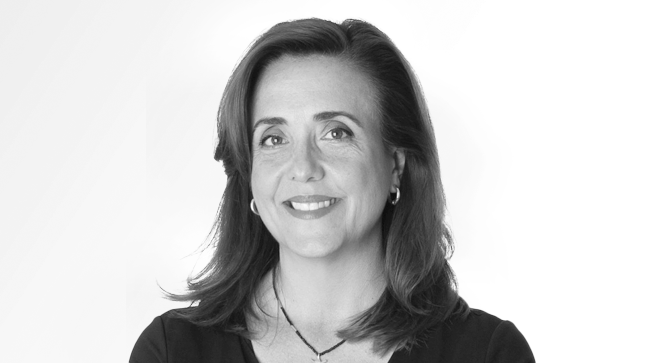Investors and index providers need to consider far more than just headline numbers on women in leadership when assessing whether companies are advancing gender equality, according to Diana van Maasdijk, co-founder and CEO of Equileap.
Speaking to ETF Stream ahead of International Women’s Day, van Maasdijk (pictured) said women on boards alone is not a proxy for gender equality, with her firm identifying as many as 19 relevant metrics.
“Other considerations include equal compensation and whether any gender pay gap that does exist is published by a company, work-life balance and whether parental leave is offered to both men and women, or whether flexible working hours are being offered to end employees,” van Maasdijk said.
“You also need to be mindful of policies to protect women in the supply chain and those creating a culture of equality and equal opportunities. All of this is quantifiable.”
Navigating the noise in ESG
Van Maasdijk’s comments come at a time when the ESG debate is biased towards environmental over social causes.
Last November, the iShares Refinitiv Inclusion and Diversity UCITS ETF (OPEN) became one of the first funds to reclassify from ‘light green’ Article 8 to ‘unsustainable’ Article 6 ahead of Sustainable Finance Disclosure Regulation (SFDR) ‘level 2’.
This came despite two of SFDR’s 14 Principal Adverse Impact Statements (PAIS) focusing on the gender pay gap and women on the board, however, van Maasdijk argued “there could certainly be more”.
“The environment is a crucial issue to focus on but it does not mean you cannot focus on gender issues at the same time,” she continued. “I would like to see more ETFs focus on the ‘S’, especially more with a specific focus on the gender lens and in fixed income where there are currently no gender ETFs.”
Van Maasdijk added engagement on ESG issues has also been “incredibly impactful” for gender equality, particularly when the ‘Big Three’ asset managers vote on company director appointments or pay with the goal of increasing female representation or being more transparent about staff pay.
“If the end investor cares about societal issues, then it is entirely legitimate to engage companies on those issues,” she said.
“On a smaller scale, when we go to companies, we ask them to validate our data and findings. A number immediately come back to us and do want to give us more information or want more information on our scoring as they know our data is being sold to asset managers.
“That puts pressure on companies to engage in more positive activities.”
The experience of women in ETFs
Looking at the people powering the asset management industry, van Maasdijk said finance is now the second best-performing sector for gender balance and equality after “coming under fire” to increase female representation at all levels of the company structure.
Despite this, she said the ETF industry “is not there yet”, with further progress to be made on representation and company culture.
“We are not there yet when it comes to gender balance at meetings and at conferences,” van Maasdijk said. “The sector still needs to find and promote women, even if things are starting to get better.”
She added women also face implicit challenges such as entering predominantly male networks that have existed for decades.
“Friends of mine, of my age, have told me that they go off to do these male activities because that is where business gets done and where decisions are made.
“The women who are solely responsible for the home or the children most likely work nine to five and then leave, even if that is bad for their career.”
However, she said these issues are increasingly being discussed by key decision-makers in the industry.
“Just recently, I went to a Women in ETFs breakfast in Miami during the ETF Exchange conference and it was very well-attended by male and female industry members.
“I would still like to see greater representation but these conversations are happening a lot more than they were a decade ago.”


